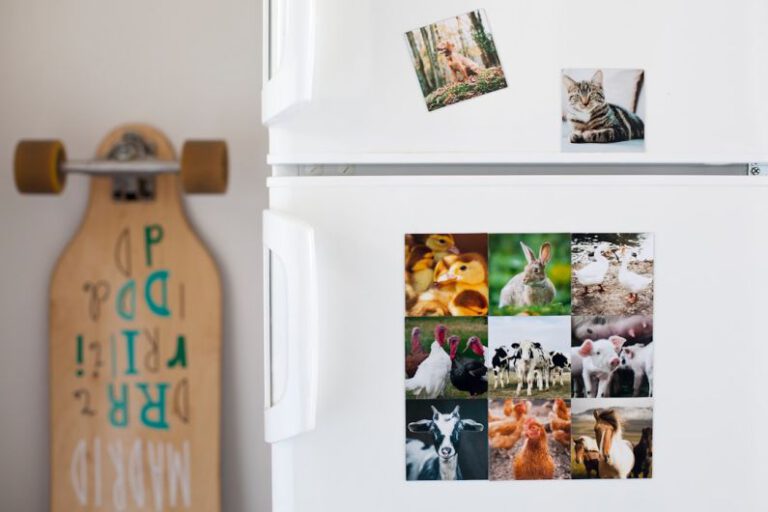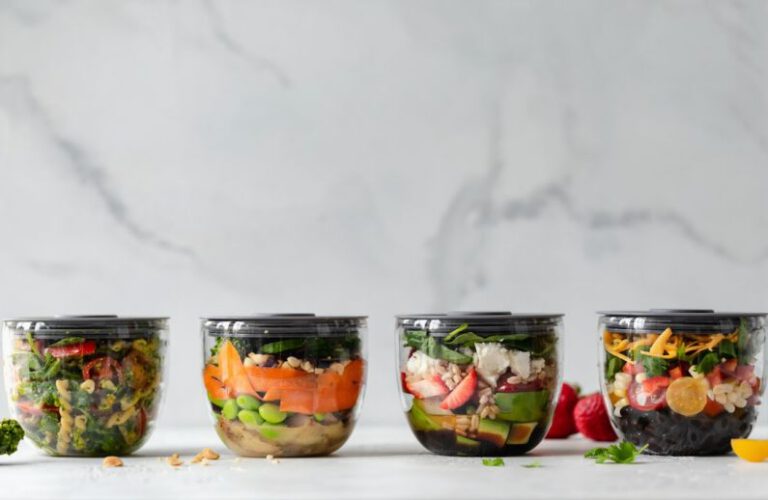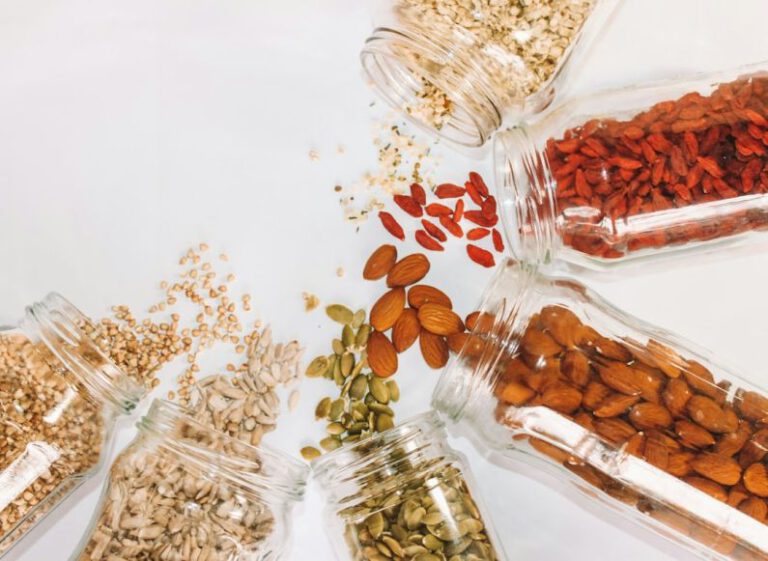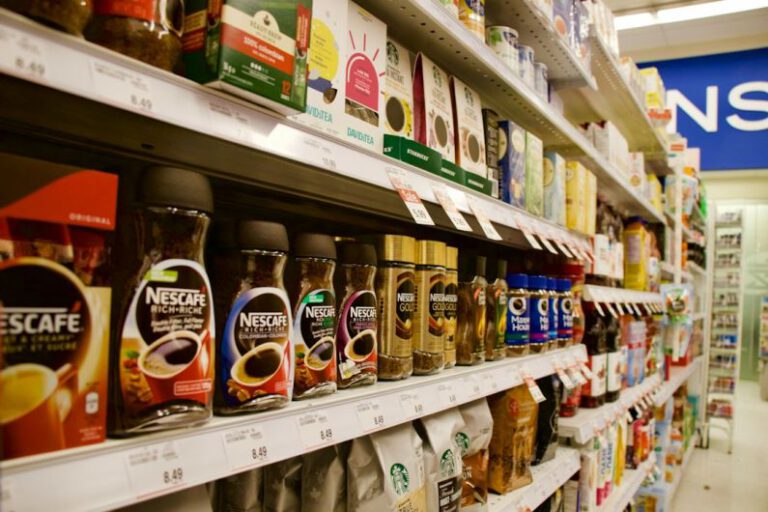Keeping Your Coffee and Tea Fresh
Coffee and tea are two of the most beloved beverages in the world. Whether you enjoy a strong cup of coffee to kickstart your day or a soothing cup of herbal tea to unwind in the evening, one thing is for certain – freshness is key. The flavor and aroma of coffee and tea are at their best when they are fresh, so it’s important to know how to keep them that way. In this article, we will explore some tips and tricks to help you keep your coffee and tea fresh for longer.
Storing Coffee
Coffee beans are delicate, and their flavor can deteriorate quickly if not stored properly. Here are some tips to ensure your coffee stays fresh:
1. Use airtight containers: Oxygen is the enemy of coffee freshness. Store your coffee in an airtight container to prevent oxygen from getting in. This will help preserve the flavor and aroma of the beans.
2. Avoid light and heat: Exposure to light and heat can cause coffee beans to go stale. Store your coffee in a cool, dark place, away from direct sunlight or heat sources like stovetops or ovens.
3. Grind as you go: Whole bean coffee stays fresher for longer than pre-ground coffee. Invest in a good quality grinder and grind your coffee beans just before brewing. This will ensure maximum freshness and flavor.
Storing Tea
Tea leaves can also lose their flavor and aroma if not stored properly. Here are some tips to help you keep your tea fresh:
1. Store in airtight containers: Like coffee, tea is also sensitive to oxygen. Store your tea leaves in airtight containers to keep them fresh. You can use glass jars or tins with tight-fitting lids to preserve the flavor and aroma of the tea.
2. Keep away from moisture: Moisture can cause tea leaves to lose their flavor and become moldy. Make sure your tea storage area is dry and free from any moisture. Avoid storing tea near the sink or in the refrigerator, as the condensation can affect the quality of the leaves.
3. Avoid strong odors: Tea leaves are highly absorbent and can easily pick up odors from their surroundings. Keep your tea away from strong-smelling substances like spices or cleaning products. This will help preserve the natural flavor and aroma of the tea.
Brewing Tips
Even with proper storage, the brewing process can impact the freshness of your coffee and tea. Here are some tips to maximize freshness when brewing:
1. Use filtered water: The quality of water used in brewing can affect the taste of your coffee or tea. Use filtered water to ensure the purest flavor and avoid any unwanted impurities.
2. Follow recommended brewing times: Over-brewing can result in a bitter taste, while under-brewing may not extract the full flavor of the coffee or tea. Follow the recommended brewing times to achieve the perfect balance and maximize freshness.
3. Serve immediately: Coffee and tea are at their freshest when served immediately after brewing. Avoid leaving them sitting for too long as they can lose their flavor and become stale.
In conclusion, keeping your coffee and tea fresh is essential for a flavorful and enjoyable experience. By following these tips and tricks, you can ensure that your favorite beverages stay fresh for longer. From proper storage in airtight containers to using filtered water and serving immediately after brewing, these small steps can make a big difference in preserving the freshness of your coffee and tea. So go ahead, savor every sip, and enjoy the true essence of these beloved beverages.






